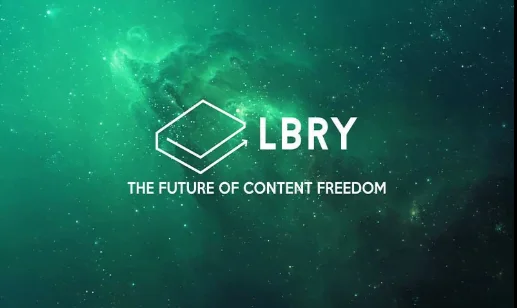Following Elon Musk’s tweet about a reduced activity of Apple’s advertising on Twitter, blockchain-based file-sharing and payment network LBRY commented that Apple forced it to censor certain terms during COVID-19.

LBRY asserts in a November 28 tweet that the company was instructed to conceal all references to COVID-19, including immunizations and the human origins of the virus, or risk having its applications removed from the Apple store.
“We had to compile a list of over 20 phrases that would not be shown on Apple devices. If we didn’t filter the phrases, our applications wouldn’t be approved in the store,” the cryptocurrency firm said.
LBRY is a decentralized network for sharing material that enables artists, filmmakers, authors, and other content providers to keep complete creative and financial ownership over their work. One of its most well-known applications is the Odysee video-sharing website, however, it is unclear if this app was engaged in the claimed censorship.
In reaction to Elon Musk’s statement that Apple had “largely discontinued” advertising on Twitter owing to worries about the content of the social media platforms, LBRY revealed their experience with Apple during the COVID-19 outbreak.
LBRY also claims that Apple “Rejected” films including pictures of “Pepe the Frog” created by some of its customers.
Pepe the Frog is a 2005 Internet meme depicting a green anthropomorphic frog that has subsequently been adopted by protest organizations in Hong Kong and used for political purposes.
The crypto business said, “Apple may provide wonderful goods, but they have resisted free expression for years.”
Meanwhile, Twitter arguments over censorship have continued to flare.
Musk assumed control of Twitter on October 28 and has been anticipating the publication of the “Twitter Files,” which he claims are evidence of a concerted attempt by the former Twitter management to suppress free expression on the network.
As a result of Musk’s acquisition of Twitter and subsequent ambitions for the site, some users have turned to decentralized social networks.
Jack Dorsey, co-founder and former CEO of Twitter, has introduced a new Bitcoin-powered program called Bluesky Social as a decentralized alternative to Twitter.
The Oct. 18 statement comes around three years after Dorsey introduced the effort, which aims to give users control over their data and the ability to transfer it from platform to platform without permission.
